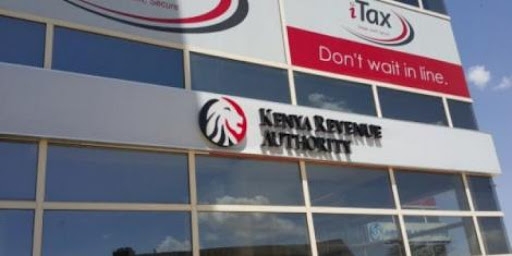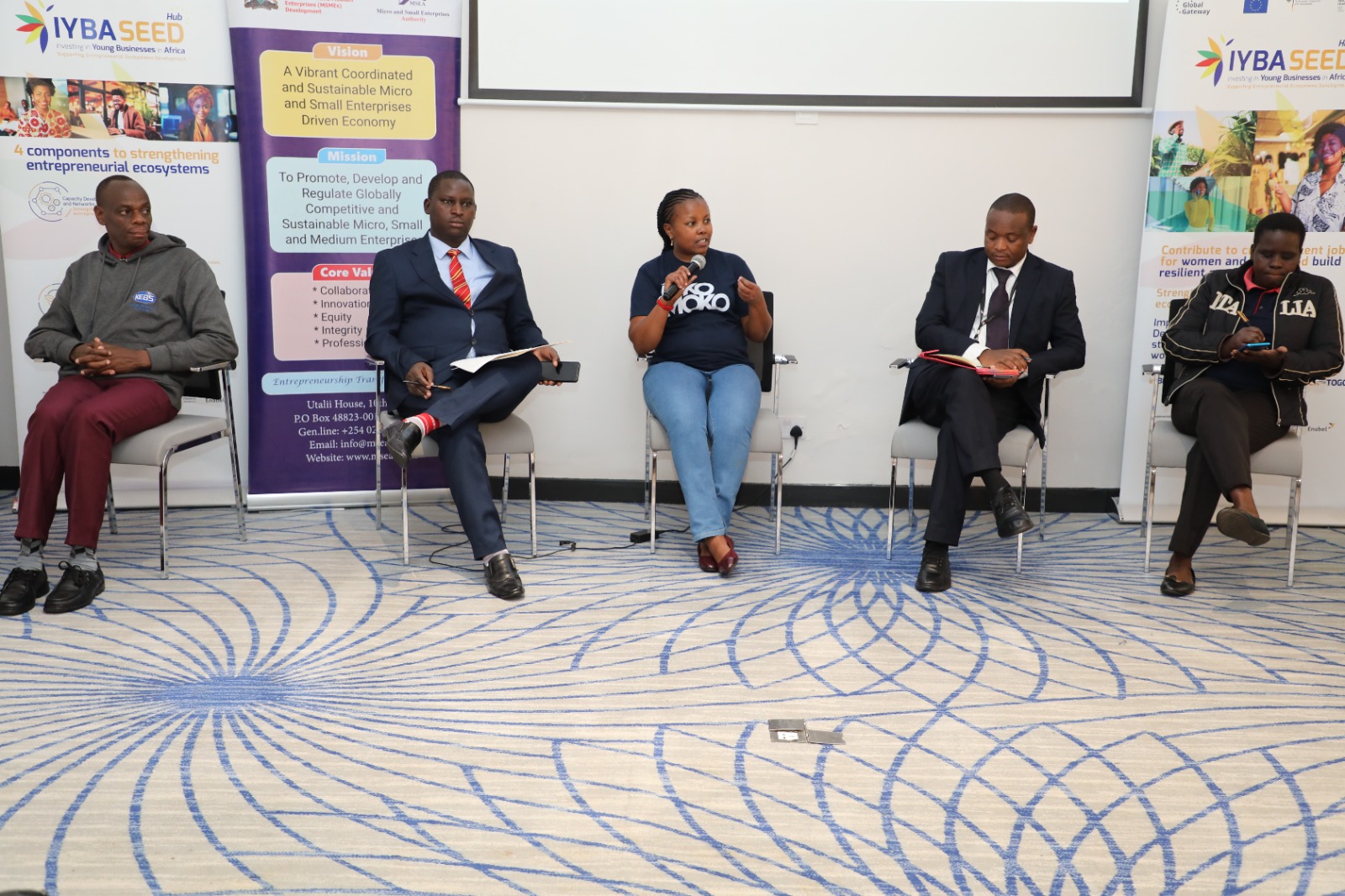
 The forums also served as platforms for two-way engagement, enabling entrepreneurs to voice challenges and for policymakers to gather feedback./JACKTONE LAWI
The forums also served as platforms for two-way engagement, enabling entrepreneurs to voice challenges and for policymakers to gather feedback./JACKTONE LAWI
A significant number of Kenyan entrepreneurs remain unaware of critical policies, support mechanisms, and institutional resources available to help them start and grow their businesses, findings by the Micro and Small Enterprises Authority have shown.
MSEA Senior Assistant Director Tabitha Gicheru said that despite the existence of various policy frameworks and support programmes, many MSME operators continue to operate without knowledge of available business development services, financing tools, or government-backed infrastructure.
The limited awareness, of facilities such as Common User Facilities and Constituency Industrial Development Centres (CIDCs), has seen uptake of government support facilities remains low.
“The goal is to demystify what different institutions offer so MSMEs can understand how to benefit,” said Gicheru.
She was speaking during the third phase of county meetings, under Supporting Entrepreneurship Ecosystem Development (SEED) programme, targeted at grassroots micro and small enterprises (MSEs).
Netherlands Development Organisation (SNV) Project Manager Nduta Ndirangu, said the sessions are part of a broader effort to support MSME ecosystem actors—including financial institutions and regulatory bodies—in reaching entrepreneurs with information on the MSME Policy, the MSE Act, and financial literacy.
She noted that a Policy Advocacy Toolkit is under development to help entrepreneurs understand the policy-making process and engage more effectively in it.
The SEED programme targets early-stage entrepreneurs, especially youth and women, with a focus on job creation and sustainability.
Priority sectors include agriculture, renewable energy, digital innovation, manufacturing, and the circular economy. Legal reforms are also underway to improve the policy environment for small businesses.
MSEA Deputy Director for Legal Affairs Mary Chege said the ongoing review of the MSME Policy 2025 and the MSE Act aims to create a stronger regulatory framework that supports business growth from micro to large-scale enterprises.
While the SEED program is helping to close the information gap, organisers warn that a lack of awareness remains a major hurdle for many entrepreneurs hoping to scale.
The awareness sessions—held in Uasin Gishu, Kisumu, and Nakuru counties—were part of the third phase of the Supporting Entrepreneurship Ecosystem Development (SEED) program.
Spearheaded by the Micro and Small Enterprises Authority (MSEA) in partnership with the Netherlands Development Organisation (SNV), the forums aimed to bridge a persistent information gap affecting micro, small, and medium-sized enterprises (MSMEs), particularly at the grassroots level.
The forums also served as platforms for two-way engagement, enabling entrepreneurs to voice challenges and for policymakers to gather feedback.
Organisers say these insights will help refine current policy frameworks and support instruments to better serve emerging businesses.













